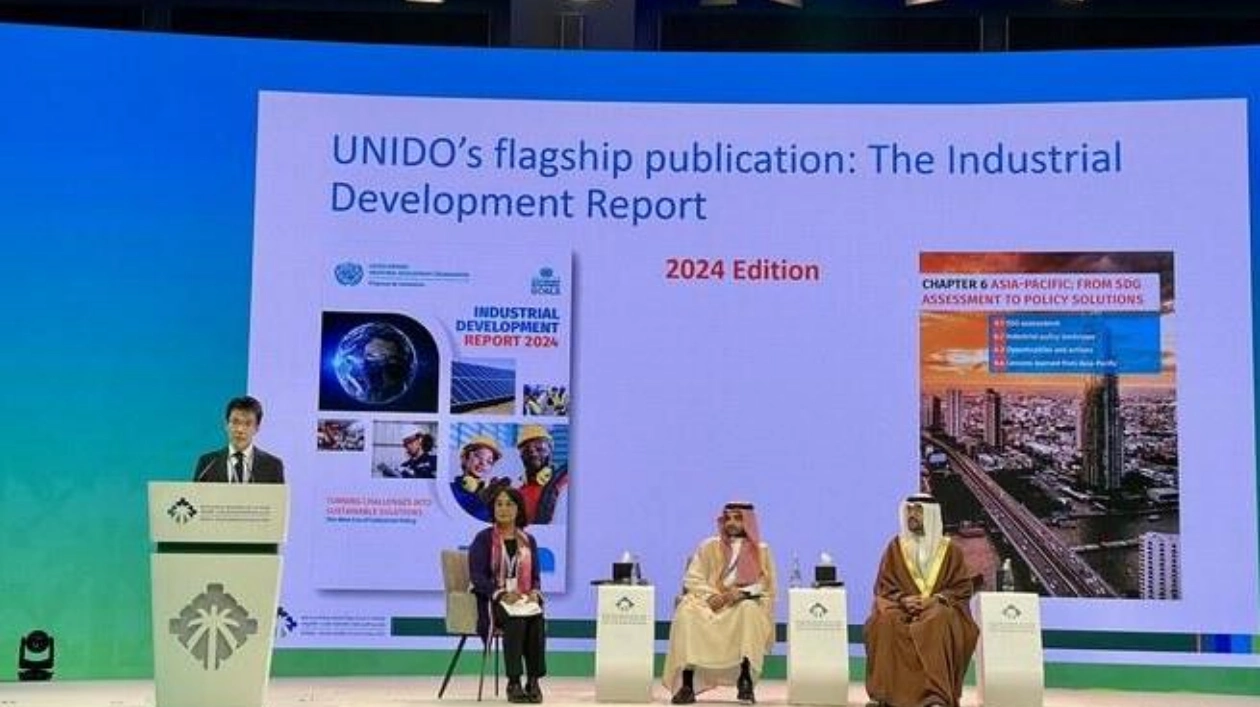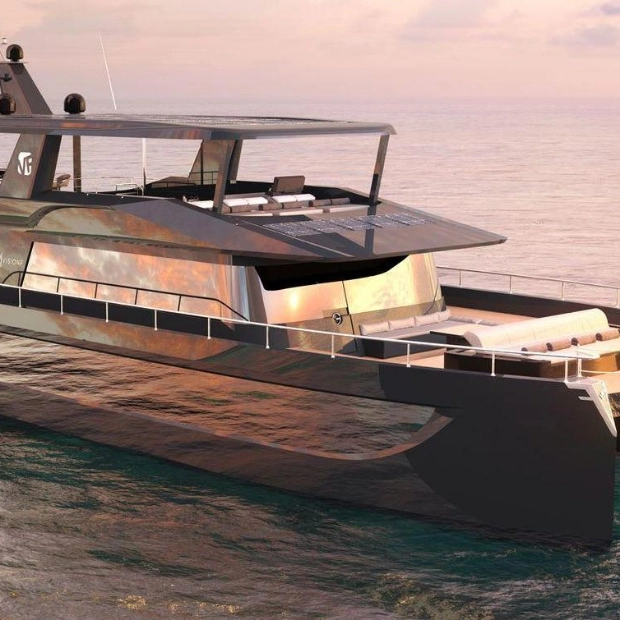RIYADH: Saudi Arabia is rising as a key player in sustainable industrialization, driving regional efforts to reshape the Middle East’s industrial landscape, according to a forum held in Riyadh.
At the 2024 UN Industrial Development Organization Multilateral Industrial Policy Forum, experts underscored the Kingdom’s leadership in clean energy and industrial growth, fueled by its Vision 2030 strategy.
Naif Al-Osaimi, executive vice president of the National Industrial Development and Logistics Program, highlighted Saudi Arabia’s crucial role in redefining the regional industrial environment.
“The National Industrial Development and Logistics Program is one of the Vision 2030 initiatives aimed at diversifying and expanding the Saudi economy,” Al-Osaimi stated. “Our goal is to transform the Kingdom into a leading industrial powerhouse and a global logistics hub while enhancing the value generated by the energy and mining sectors.”
In line with these national objectives, Saudi Arabia has taken significant steps to harness its renewable energy resources, particularly in green hydrogen production.
According to the “Industrial Development Report 2024” by UNIDO, Saudi Arabia is “utilizing renewables to produce green hydrogen,” a vital move in lowering carbon emissions and promoting a low-emission economy.
These advancements are essential as the Kingdom strives to become a global leader in clean energy while decreasing its reliance on fossil fuels.
Al-Osaimi noted that the synergy-driven approach of the NIDLP ensures that each sector within the economy supports and benefits from others, fostering a cycle of maximized economic value.
Regionally, Saudi Arabia’s leadership is part of a broader initiative within the Gulf Cooperation Council countries to advance sustainable industrialization.
The report emphasized the efforts of the Gulf Organization for Industrial Consulting, which is coordinating industrial policies across the GCC to encourage collaboration and ensure mutual benefits from shared advancements in technology, energy, and infrastructure.
Neighboring Bahrain is also making notable progress in sustainable industrial development. Khaled Al-Alawi, assistant undersecretary for industrial development in Bahrain, shared insights into the country’s strategy during the same panel at MIPF.
“The industrial sector strategy spans from 2022 to 2026 with the aim of shaping policies and building partnerships to develop a robust and dynamic manufacturing sector in the Kingdom of Bahrain,” Al-Alawi explained.
He added that the primary key performance indicators of this strategy are “to boost the sector’s contribution to the overall GDP, increase national origin exports, and create valuable and quality job opportunities for Bahrainis.”
Saudi Arabia’s industrial policy also emphasizes renewable energy, digital transformation, and logistics — three pillars of its strategy to reduce dependency on oil.
As Al-Osaimi mentioned, the Kingdom is actively fostering partnerships between the private sector and government entities to ensure the success of its industrial ambitions.
Saudi Arabia’s vision is already shaping the region’s future. With Bahrain and other GCC nations following suit, the Middle East is evolving into a hub for sustainable, technologically advanced industries.
The UNIDO report highlighted that Saudi Arabia’s dedication to Industry 4.0 technologies and renewable energy is driving this regional transformation, ensuring that the Gulf remains competitive in an evolving global economy.
The Kingdom is also leading the region in green energy initiatives, particularly in leveraging renewable energy to produce green hydrogen, a focal point in reducing carbon emissions.
Source link: https://www.arabnews.com






